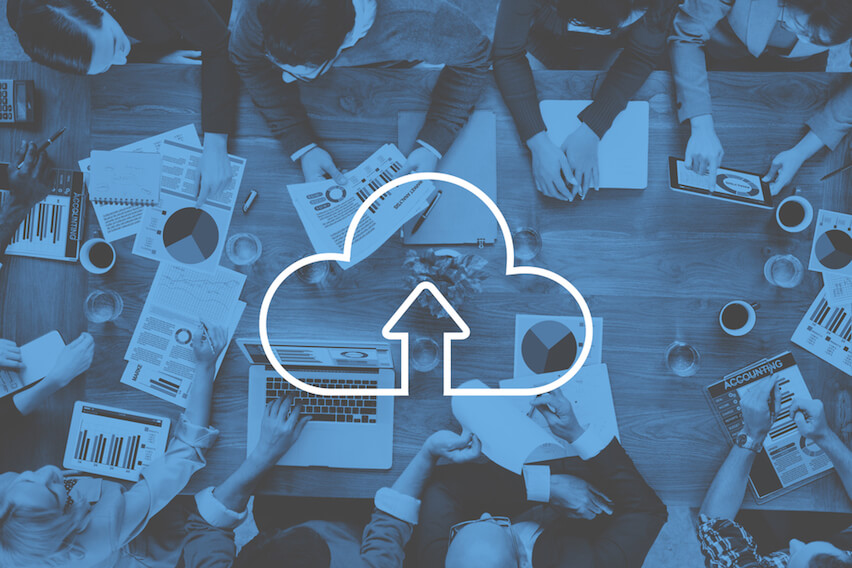Related
Is Your Small Business Ready For Cloud Accounting? [Self-Assessment]

The fact is: a switch to the cloud isn’t always better. The automobile was faster than the bicycle but even today, not everybody needs a car. Sure, cloud accounting has a variety of benefits and is in many cases a great solution. However, it’s only a great solution if you know what your problem is. And moreover, if it helps to solve that problem.
Transitioning to cloud accounting software may mean additional resources from your client. It also likely means higher costs in the short run, as they learn and adjust to new processes.
Yet if you’ve correctly identified your pain points and determined which cloud accounting package can help, the value of the switch will be apparent.
Consider these points when recommending cloud accounting software to your clients:
In the desktop world, data is generally stationed on one computer accessible to a single user (let’s leave out hosted desktop solutions for now). When collaborating with a team, they won’t know what’s going on until someone shares the data with them.
Lack of transparency can lead to poor decisions. If they don’t have access to their numbers, they’re less likely to use them when planning ahead. They may end up relying on inaccurate measures, like a bank balance, to assess how the business is doing.
Cloud accounting software can then be a valuable tool to increase engagement with the books. This ultimately leads to better decision-making.
In many cases, accounting is associated with retroactive data. They’ll complete their bookkeeping a few weeks or even months after the period has finished. (We won’t go into the annual shoebox approach.)
That means whatever data they’re looking at will be outdated. If they’re looking to base business decisions, such as hiring and pricing, on your data, doing so on numbers that are 3 months old won’t be that useful.
When used effectively, cloud accounting features, such as online bank feeds or data extraction from receipts, can enable real time reporting. They can then engage you, their advisor, in discussions on data that should be much more valuable.
They may already be using software for tracking customer contacts, project management, issuing proposals, managing leads, managing payroll, or running an e-commerce store. However, if the software doesn’t communicate with the accounting software, you may experience transparency or relevance issues—or be doing a lot more work.
Before going on an integration binge, it’s important to know how the accounting software integrates with the other tools they’re using. What data is brought over and how does that benefit you?
For example, you may have a service-based business client who’s using an invoicing app to manage their sales process. It’s hugely valuable to have your revenues automatically brought over to a backend accounting system on a daily basis.
On the other hand, you may have an overwhelmingly large number of transactions. In this case, importing all of the individual customer details may be an extra headache and waste of time.
A move to the cloud isn’t always as easy as flipping a switch. However, through identifying the data that’s important and the processes that you’d like your clients to streamline in their business, the right cloud accounting software should create productive benefits and add of value.
While each business will have its own unique needs and pain points, there are a number of common issues which business owners face and which can be addressed effectively with the right cloud accounting software.
This is an optimized post and was originally published on the FreshBooks blog in June 2015.